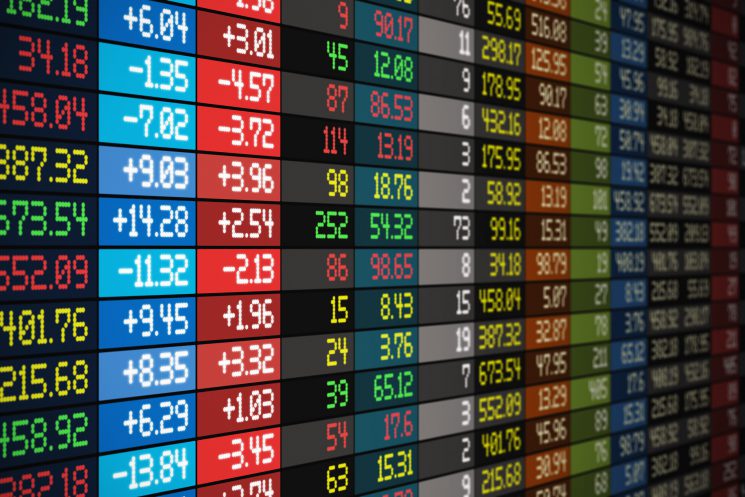Trading in commodities ranks among the most popular ways to make money from exchanges, along with equities and forex.
The standard and time-tested way of commodity trading is through futures contracts, where the trader enters into an agreement to buy or sell a specific quantity of the underlying commodity at a future date, at a specific price. Futures are available for most commodities, including gold, silver, crude oil, natural gas, cotton, sugar, soy, corn, and other agricultural products. Of late, energy futures are also common. Commodity traders take a long or short position on any commodity, based on how they perceive the price for the commodity would move.
There are about 50 major commodity markets across the world. These exchanges standardise the quantity and minimum quality of the commodity being traded. For instance, the Chicago Board of Trade stipulates sets a standard of one wheat contract being for 5,000 bushels, and also specified the grades of wheat that may be used to satisfy the contract.
How Commodity Trade Works
A futures contract technically promises delivery and promise to buy the underlying commodity. Producers and buyers of commodities typically enter into such commodity futures contracts, for hedging. For instance, when a wheat farmer plants a crop, he may enter into a futures contract at the commodity trading exchange, as a hedge against the risk of losing money, in the eventuality the price of wheat falls before he can harvest the crop. With a futures contract, the farmer is guaranteed a predetermined price for the wheat, on the harvest. However, such contracts, where actual delivery of the commodity may take place, constitute only a minuscule percentage of the commodities trade market. The vast majority of commodity trades are executed by traders and investors who seek to profit from price arbitrage. Such traders and speculators do not take delivery of the underlying commodity at the expiry of the contract. They rather close it before the close of the contract.
Advantages of Commodity Trades
Commodity trading offers a good addition to any portfolio, as a means to make good profits, and also diversify their holding. Commodities typically do not move in tandem with equity and bond markets, making it a good option for portfolio diversity.
Commodity trading is, in essence, a pure-play on underlying commodity, making it very easy to keep track of the movements, and gain mastery of the trade. Often movement of price is a direct relation between demand and supply of the underlying commodity, but various global level factors, including economic development, climate changes, political developments, and more also influence price movements in a big way. While it is difficult for an individual to keep track of all variables influencing the commodity price movement, established brokerages have in-house analysts, who are on top of the trends, empowered as they bare with access to real-time trends and signals. Such brokers pass on valuable insights to their subscribers, allowing investors to make informed buy and sell decisions, reducing risks considerably.
Since commodity trades are futures contract, there is great leverage possible, and even small movements in price can result in big profits or losses. The ability to go long or short enables making profits regardless of whether the commodity price actually goes up or down.
Commodity trades offer the potential for unlimited profits, but equally the prospects of big losses, if prices move contrary to expectations. Opening minimum-deposit accounts where the investor can control the downside limits the risk. Most futures contracts also have associated options. Such options, which are derivatives, enable limiting losses to the cost of the option.
How to Trade in Commodities
Several brokers offer investors the platform to trade on the commodity exchanges offering commodity futures contract. Trading in commodity requires a separate account from trading in equity. Brokers such as CMC Markets offer highly intuitive online platform, allowing investors the convenience of trading from their homes. Make sure to select a broker who has a track record of offering reliable trades, and prompt settlement of accounts.
Many futures markets have a high level of liquidity and volatility, making these trades among the best option for speculative trade that seeks profit from price volatility.





